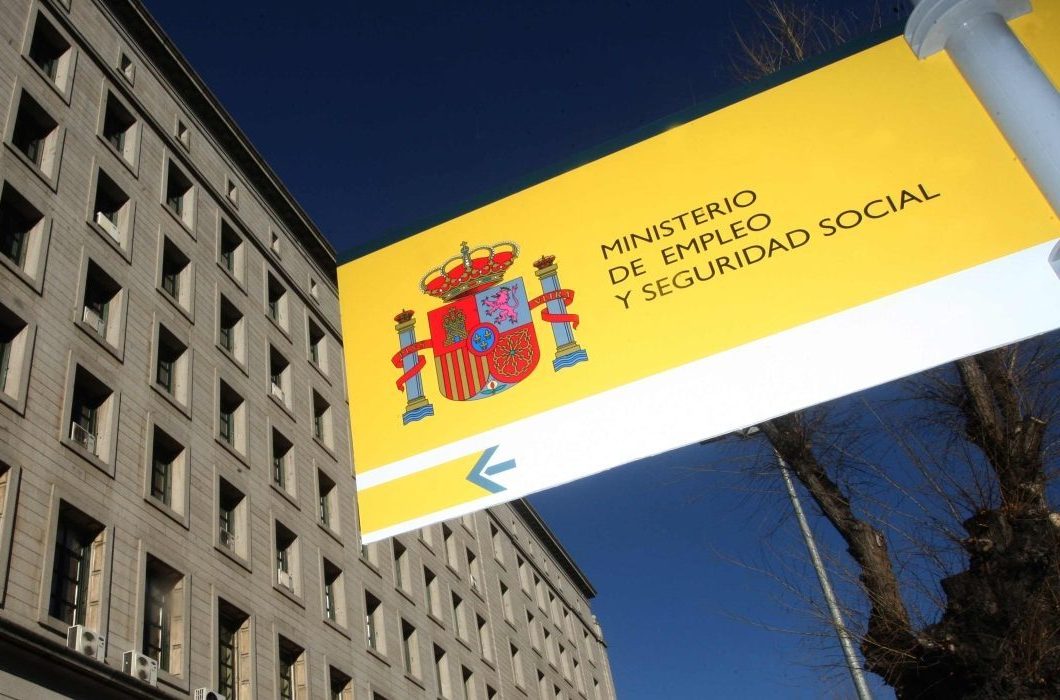There are two main healthcare requirements for the Non-Lucrative Visa. Firstly you must be free from any of the diseases listed under the International Health Regulations 2005, and secondly you need to have unrestricted access to healthcare in Spain.
Doctors Letter or Medical Certificate for a Non-Lucrative Visa Application
The first requirement is satisfied by obtaining a Doctors letter or medical certificate. The Doctors letter or medical certificate can be provided by your own GP, or a private Doctor either in the UK or Spain. The letter or certificate has to be signed by the issuing doctor, have their medical practice stamp, and their registration number. In the UK this is known as a GMC (General Medical Council) number.

The Convenio Especial is Social Security scheme which allows individuals who don’t otherwise qualify Spanish state healthcare, to make voluntary social security payments to access the system.
You can apply to register in the Convenio Especial scheme in your region, if you have been resident in Spain for 12 months.
The Convenio Especial social security payment is €60 per month if you are under 65, and €157 for those over 65, and gives you full access to the Spanish state healthcare system. Pre-existing conditions are covered, however, general pharmaceutical prescriptions, ortho-prosthetics, dietary prescriptions and non-urgent medical transport are not.
What’s required to apply for Healthcare under the Convenio Especial?
You’ll need the following:
- Application form*
- Passport
- NIE, residency certificate or TIE (some places will not accept NIE – only green residency certificate or TIE)
- Padron Certificate
- Proof of non-entitlement to healthcare provided by another country
*Note – each autonomous region has its’s own application form and process. Below is is a link to the form for the region of Andalucia:


